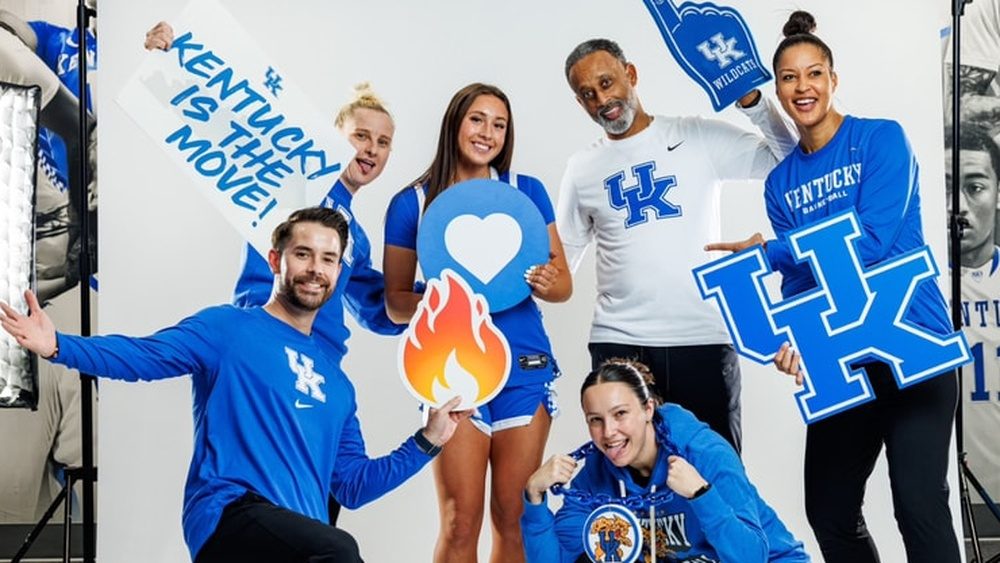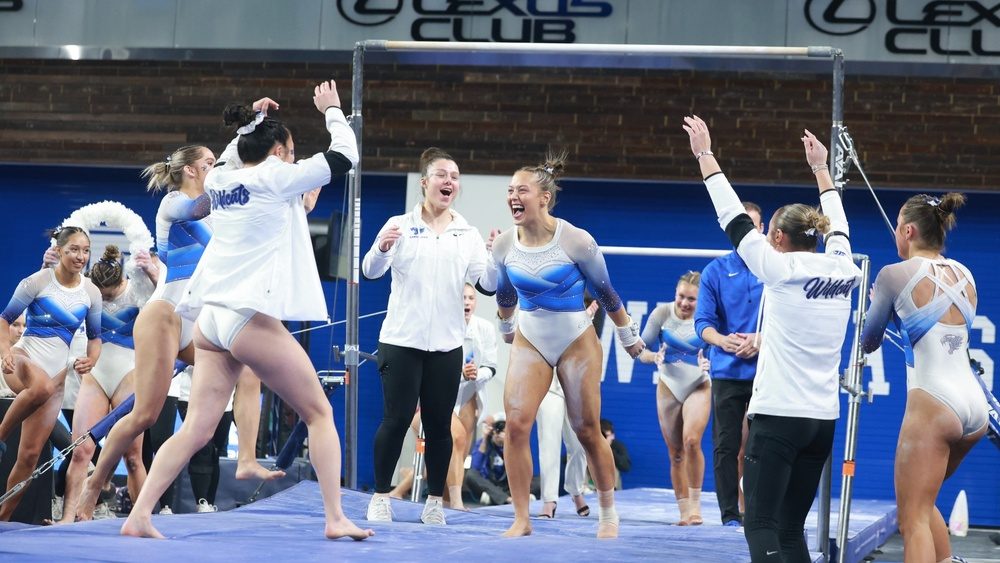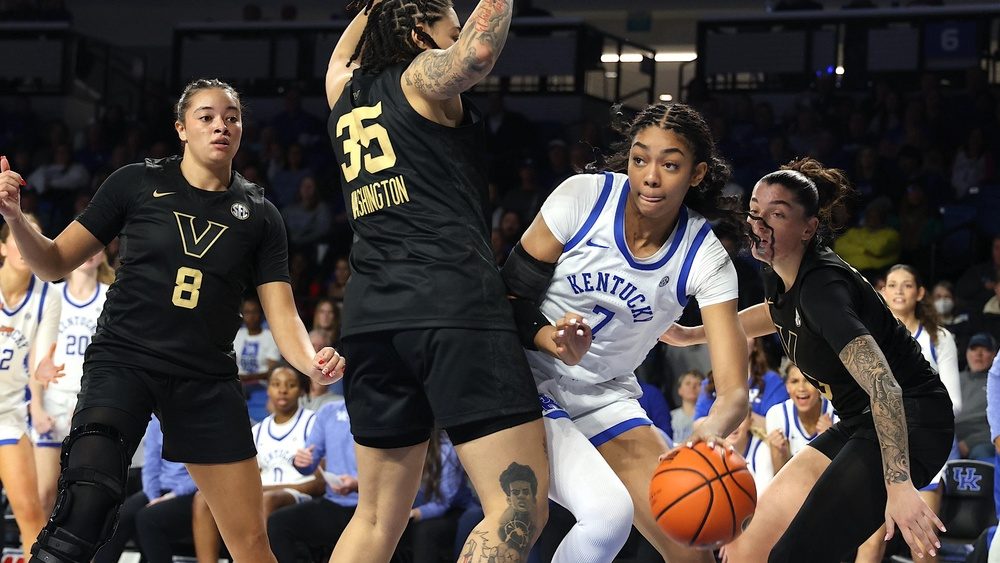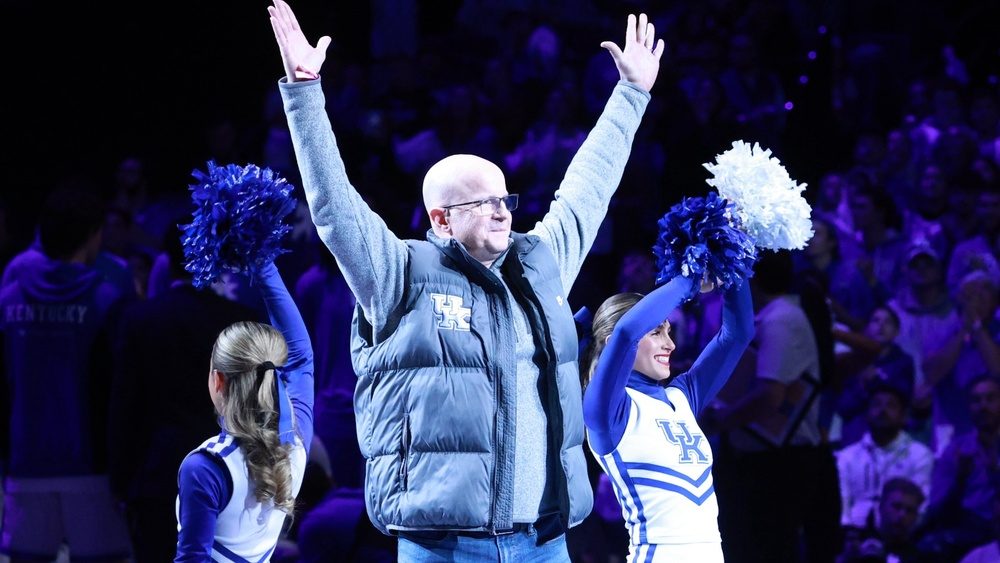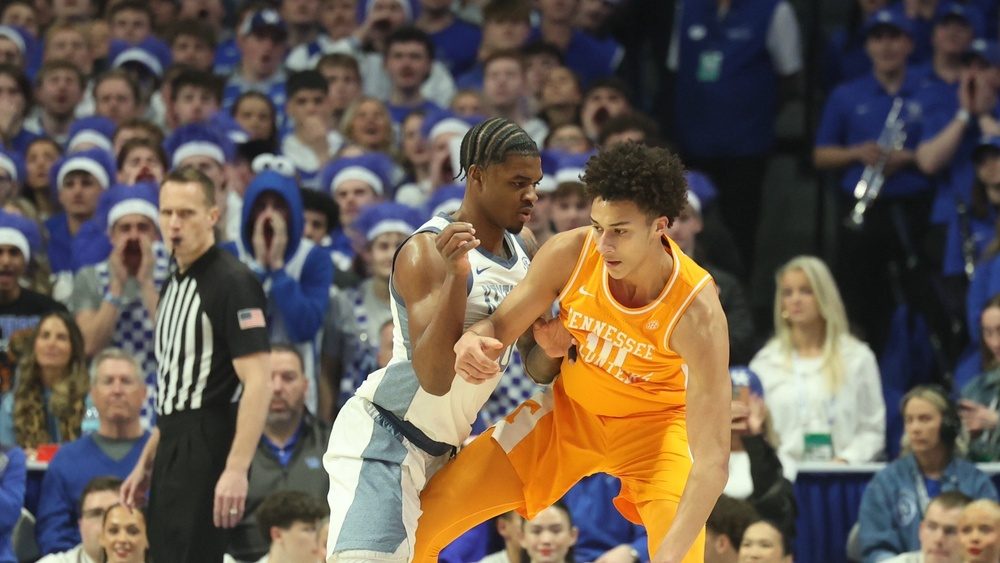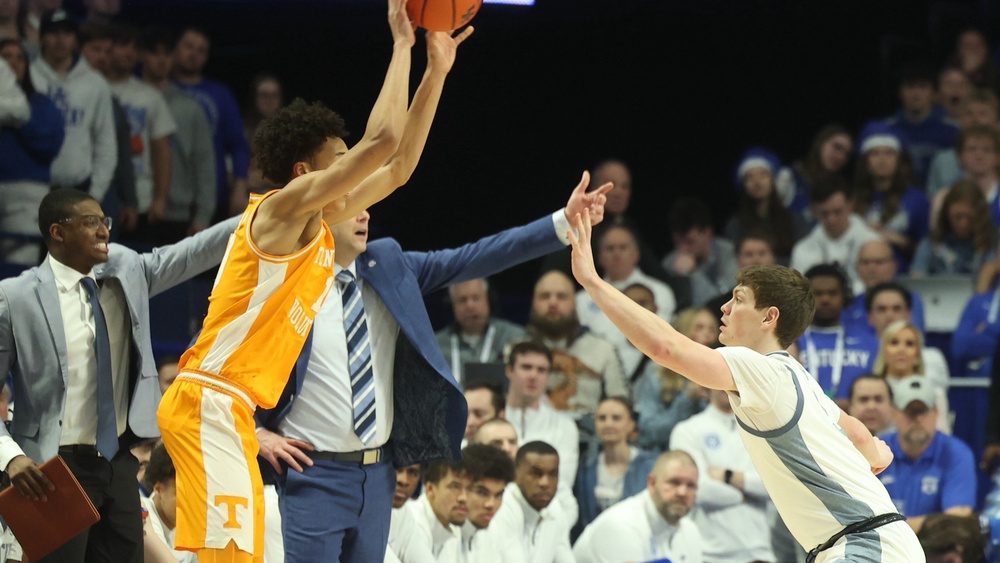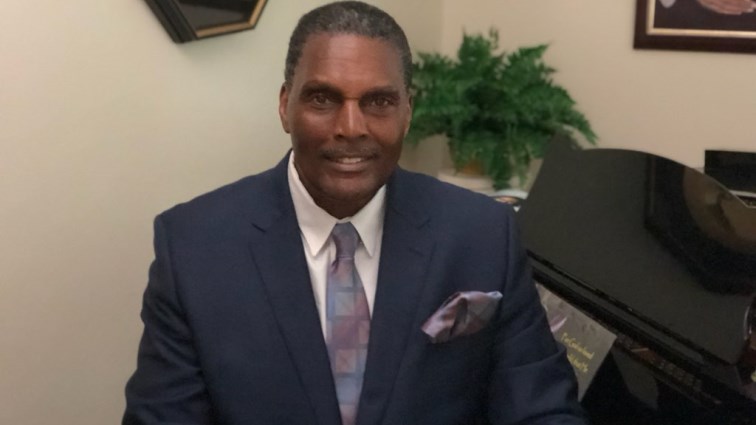
Tom Payne played for Louisville Shawnee High School and became the first African-American basketball player at Kentucky when he signed to play for coach Adolph Rupp in 1969. He admits he didn’t have a “close relationship” with coach Adolph Rupp during the 1970-71 season.
“I was his player,” said Payne. “The thing I remember the most, though, is that he stood up for me. And (UK assistant coach) Joe Hall did, too. They stood up for me to start my only season at Kentucky.
“That was some serious times back then. A lot of people did not want it (him starting) to happen. They didn’t want me to start or even be on the court as I remember it.
“Coach started me. I had a very successful sophomore campaign (freshmen could not play then) and averaged 16.9 points and 10 rebounds a game. I proved an African-American could play at Kentucky in that type of elite program. It was a great program then and still is. We’ve all seen all the great players after me through the years.”
He left UK after his sophomore season due to academic and off-court issues and was drafted by the Atlanta Hawks in 1971. However, his real problems started in 1972 when he was arrested for rape in Georgia and was also indicted on the same charge for another rape in Lexington. He was convicted and finally got paroled in 1983. Three years later he was charged with rape again in California and stayed in prison until 2018 when he was paroled again.
Former LSU coach Dale Brown got to know Payne because another Louisville high school standout, Rudy Macklin, came to LSU to play.
After Brown retired, he accompanied LSU on a road trip to Kentucky a few years ago. He got in touch with Macklin and suggested they visit Payne in prison.
“I had never met him. As the warden was walking us to his room, he said, ‘If you have any connections, get him out of prison. This guy has been here forever. He has paid for his crime over and over,'” Brown said. “When we saw him, Rudy and Tom embraced.
“He was very articulate, very spiritual. I can pick a phony out but he was a really nice guy.”
“Tom told me one time that everybody brought up about Adolph Rupp being a racist,” Brown recalled. “Tom said, ‘He was not. He was the only person who communicated with me and my mother when I was in trouble. Adolph Rupp was the only one. You don’t forget that.'”
I reached out to Payne last week after a panel of African-American professors at Kentucky requested that the name of Rupp Arena be changed because of the perception that Rupp was a racist.
He now lives in Lansing, Mich., and works to help young men deal with racial injustice and racial conciliation. (Go to http://www.transformationalvictories.org/ for more on his work.)
“I am trying to deal with larger issues. I am trying to help people, especially young men understand race and racism,” Payne said.
He would like to share his story with more, including the University of Kentucky basketball team.
“I hope to come back to Lexington and speak at the university,” he said. “I am writing (UK basketball coach John) Calipari a letter offering to come and talk to his guys about social responsibility and privilege and the platform they have as well as how to carry themselves in society. I hope he will get back with me.”
So do I. Seems it would be great to have him also speak to coach Mark Stoops’ football team. Or every UK student-athlete.
Payne has remained friends with former UK teammate Jim Andrews. Former Cincinnati Reds infielder Doug Flynn is another friend.
“We want to do a seminar for at-risk young men with Jim and Doug,” Payne said.
“I know how young people think and how militant they can get about things they stand up for,” Payne said. “I don’t want to be considered an Uncle Tom because I feel the pain of my people and what they have been through. I have lived it myself.
“It’s just my nature to deal with a lot of things that go back in the past. If that is the case, people can always look at my past. I am fighting for redemption and building a program trying to help my people, especially at-risk young men.
“I would love to come back to Kentucky and talk about where are we going now, where do we go from here. I can talk about what racism does to the human soul spiritually and morally.
“But whether Rupp’s name should be removed, I don’t get into that because of something he supposedly did 70 years ago. I want to help heal and move forward, not look back.”

